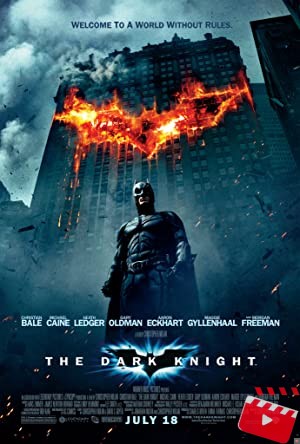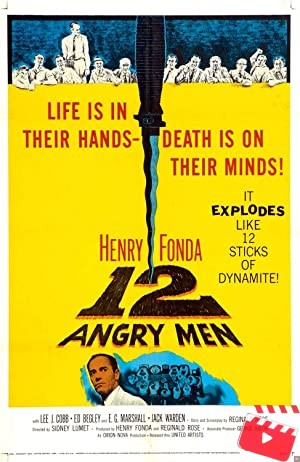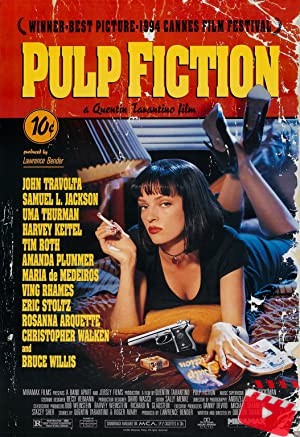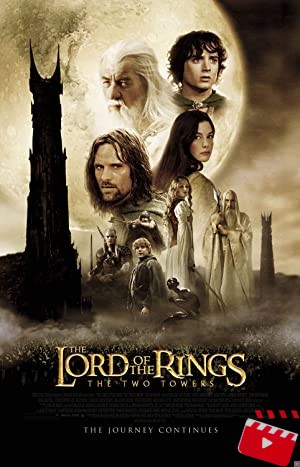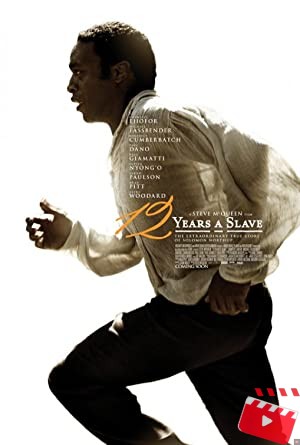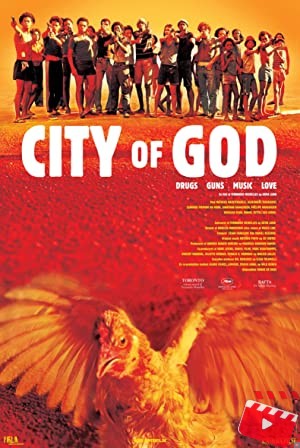
City of God takes us on a wild ride through the violent and gritty world of Rio de Janeiro’s favelas. With an almost documentary-like approach, the film immerses us in the daily lives of the residents of City of God, a neighborhood plagued by poverty, crime, and drugs.
The first thing that struck me about the film was the incredible acting. The cast, composed mostly of non-professional actors, delivered incredibly raw and emotional performances that truly made me care about their characters. The main protagonist, Rocket, played by Alexandre Rodrigues, was particularly compelling as he navigated the treacherous streets with a sincere desire to escape his fate.
Another aspect that I appreciated about the film was its non-linear storytelling. The film jumps back and forth in time, showing us different perspectives on events that occurred before and after the film’s present-day. This approach kept me on the edge of my seat, trying to piece together the different threads of the story.
Of course, the violence and brutality of the film cannot be ignored. But rather than glorifying or sensationalizing it, the film shows it for what it is: a tragic reality of life in the favelas. This authenticity is thanks in part to the fact that the filmmakers actually shot many of the scenes in the real-life City of God neighborhood.
Overall, City of God is a powerful and captivating piece of cinema that made me think about the human cost of poverty and violence. While it may not be for everyone due to its heavy subject matter, it is an important and unforgettable film that I highly recommend.
Lesson about City of God
One possible sentence is: The movie City of God 2002 teaches us about the harsh reality of poverty, crime, and violence in the favelas of Rio de Janeiro and how they can affect the lives of children and youth.
The Best of City of God
- 1) Powerful storytelling – City of God is a masterclass in storytelling, with a unique and impactful narrative structure that keeps viewers engaged from start to finish. The film takes place over several decades and tells the story of a group of young men growing up in the violent and dangerous favelas of Rio de Janeiro. Through their experiences, viewers get a deep and nuanced look at the struggles and realities of life in these communities.
- 2) Stunning cinematography – Director Fernando Meirelles and cinematographer César Charlone create a visual style that perfectly captures the energy and chaos of the favelas, with fast-paced camera movements and stunning use of color and light. The visuals are both beautiful and gritty, adding to the film’s realism and impact.
- 3) Social commentary – While City of God is a compelling and thrilling crime drama, it also serves as a powerful commentary on poverty, violence, and systemic inequality in Brazil. The film does not shy away from showing the harsh realities of life in the favelas, but it also offers a nuanced and empathetic portrayal of the people who live there. Overall, City of God is a film that not only entertains but also invites reflection and dialogue about important social issues.
Week points of City of God
- 1. Focus on Violence: One of the biggest criticisms of ‘City of God’ is its over-emphasis on violence. The movie glorifies gang warfare and crime to such an extent that it may sensationalize a subject that should be presented with more nuance and sensitivity.
- 2. Underdeveloped Characterization: While the movie’s hero, “Rocket,” is given a degree of depth and nuance, other characters in the film are often presented in a one-dimensional manner. Other characters’ backstories may be hinted at, but they are not developed beyond their roles as criminals or law enforcement officials.
- 3. Lack of a Compelling Message: Although ‘City of God’ can be interpreted as a social commentary on the dire conditions of those living in Brazilian favelas, the movie lacks a clear message. Rather than a nuanced exploration of poverty, crime, and inequality, the film often presents a simplified and stereotyped view of these issues.
Technical details of City of God
| Title | City of God |
|---|---|
| Year | 2002 |
| Rated | R |
| Released | 13 Feb 2004 |
| Runtime | 130 min |
| Genre | Crime, Drama |
| Director | Fernando Meirelles, Kátia Lund |
| Writer | Paulo Lins, Bráulio Mantovani |
| Actors | Alexandre Rodrigues, Leandro Firmino, Matheus Nachtergaele |
| Plot | Brazil, 1960s, City of God. The Tender Trio robs motels and gas trucks. Younger kids watch and learn well…too well. 1970s: Li'l Zé has prospered very well and owns the city. He causes violence and fear as he wipes out rival gangs without mercy. His best friend Bené is the only one to keep him on the good side of sanity. Rocket has watched these two gain power for years, and he wants no part of it. he keeps getting swept up in the madness. All he wants to do is take pictures. 1980s: Things are out of control between the last two remaining gangs…will it ever end? Welcome to the City of God. |
| Country | Brazil, France, Germany |
| Awards | Nominated for 4 Oscars. 74 wins & 50 nominations total |

